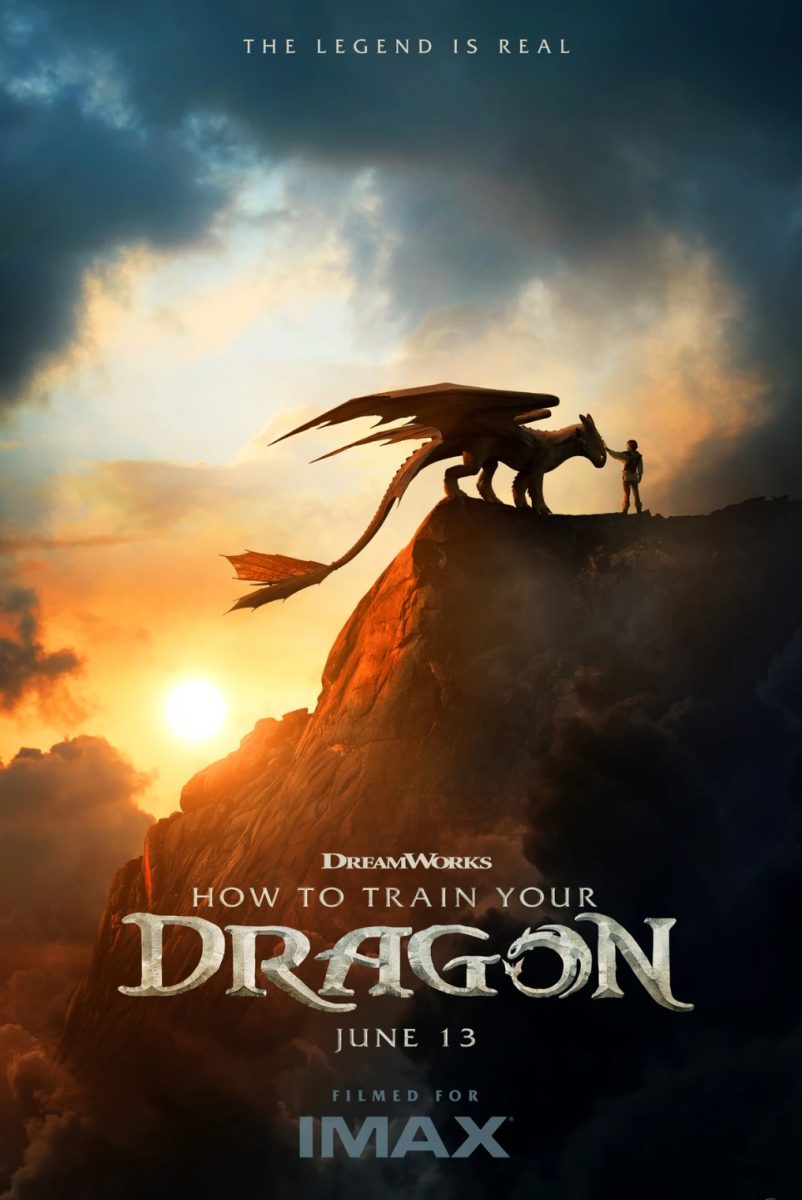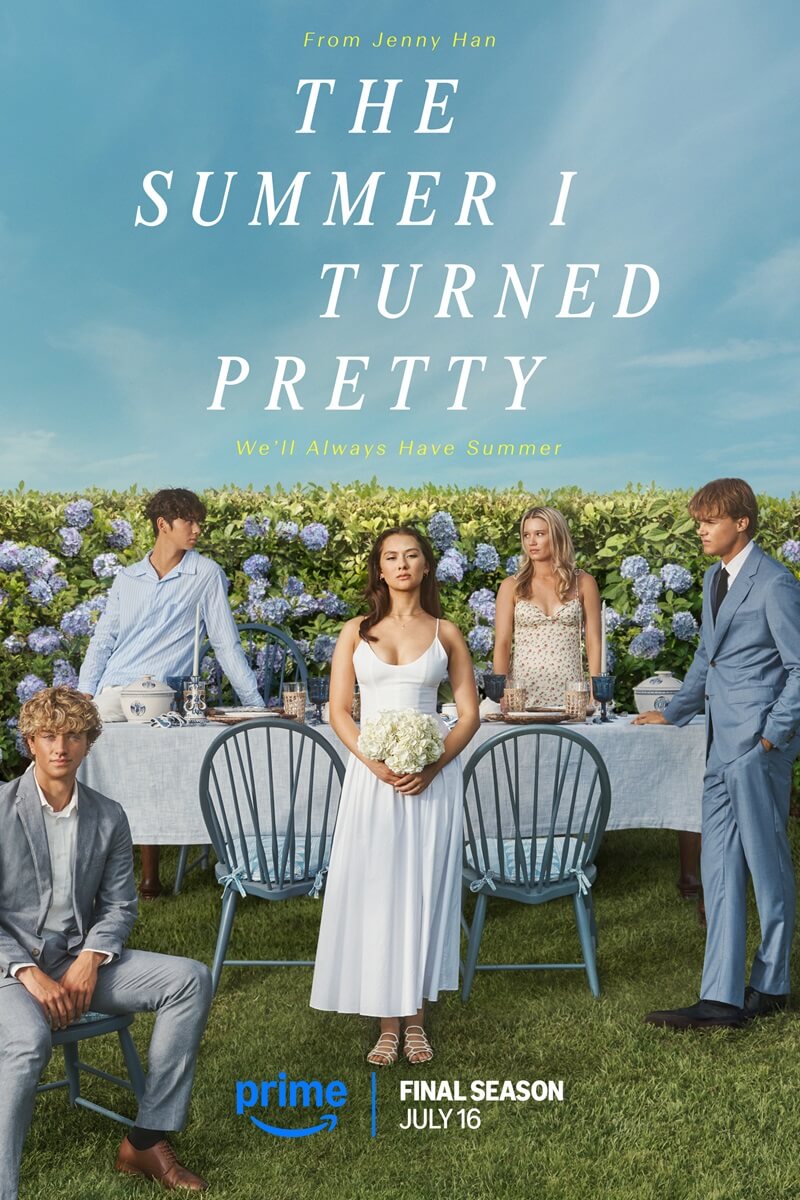New York Times Bestselling author Neal Shusterman released dystopian thriller “All Better Now” Feb. 4. His latest contribution to young adult fiction is a novel about a new pandemic, presumably set in the modern day, just years after COVID-19 shocked the world.
The new pandemic is called Crown Royale. With a 4% mortality rate, this sickness is different from the one that incited worldwide lockdowns in 2020. As one out of 25 infected people die, the other 24 obtain eternal happiness – they never experience negative emotions ever again.
Each chapter provides insight into a distinct character’s perspective, helping the reader understand how each person reacts differently to the pandemic. Wealthy individuals protect their business empress by working to find a cure to the virus. Others, who have less to lose, embrace being infected and experiencing everlasting joy.
Shusterman’s work may feature 16-year-old protagonists, but it is nowhere near the next “Hunger Games.” And calling it a “1984” would be even more laughable.
This book was clearly an attempt at… some form of real-world commentary. Whether the author meant to critique politics, science, general society or particular people is unclear. Shusterman’s ambiguity in his angle is one of the weakest characteristics of this dull and incoherent novel.
“All Better Now” is split into eight parts, each with a varying number of chapters. Part 1 provides a contrast between the novel’s many protagonists, including the 16-year-old son of a billionaire, a girl of the same age experiencing homelessness and a teenage prodigy who gains access to a wealthy narcissist’s business empire.
Shusterman’s writing style in this novel is similar to another one of his dystopian commentaries on modern society, “Dry” (2018). The writing of both books is boring and matter of fact. They barely have any character development, and their parallels to real-world people are so obvious they’re comical.
Now, parallels to actual persons are important to a dystopian book, but they should be subtle and still reflect some effort by the writer in characterization. For example, Orwell’s “Animal Farm” (1945) uses personification of farm animals as an allegory for totalitarianism, but every pig and cow develops a personality of their own by the end of the novella.
“All Better Now” does not do this. It relies extensively on Elon Musk to inspire the billionaire character Blas Escobedo, and solely on COVID-19 to describe Crown Royale. Individual creativity is out the window.
So, I recommend neither “All Better Now” nor “Dry” to my fellow readers who get emotionally attached to protagonists or fictional worlds. Mariel Mudroch and Morgan Willmon-Wu’s spinelessness in the face of the Crown Royale virus will disappoint you.
After introducing the central characters, the book is a mess. The author goes back and forth between character relationships, science, societal problems and philosophy. Worst of all, the book takes no stance on any one of these aspects of the Crown Royale virus. Novels about controversial topics, such as Lois Lowry’s “The Giver” and Ray Bradbury’s “Fahrenheit 451” are written not just to raise awareness, but to convince their readers of a particular viewpoint.
Shusterman can’t seem to decide whether or not he is opposed to the effects of Crown Royale, particularly its creation of eternal happiness, which is frustrating for a reader trying to write an essay for her English ‘Literature Circle’ assignment. I understand that the author may be trying to be objective, but this is a fictional novel. There is no such thing as objective truth in made-up stories. A plot, character development and message to readers should be basic components of any work of fiction.
Being an avid reader of stories based in dystopia, I am highly disappointed by “All Better Now.” Its convoluted, bloated more than 500 pages bored me to the extreme every time I picked it up.
I do not recommend reading this book, especially for readers who enjoy dystopian stories, philosophical literature or science fiction. Shusterman’s newest book may be marketed in all these genres, but in trying to fulfill its numerous designations, it barely even qualifies as an enjoyable read.













